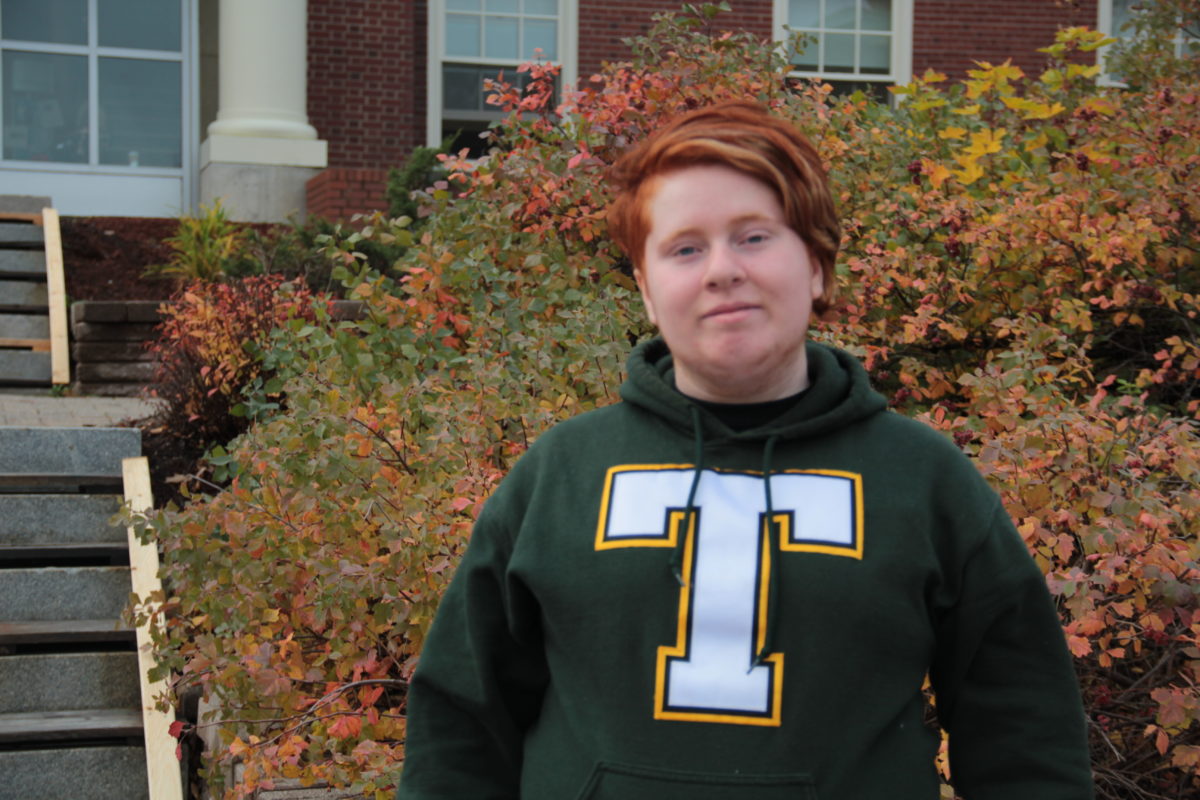Hello there. It’s Al. The campus queer activist. That’s who I am now. After spending so much time advocating for the St. Thomas University LGBTQ community, it has become part of my identity that, not only am I queer, I am an activist.
The root of many of my identity crises revolves around my role as a queer rights activist. That identity was born out of necessity. Out of a need to stand up for myself. Who would I have been if that need hadn’t arose? If I wasn’t part of a marginalized community that had to fight for itself? Or if I lived in a world where my marginalized identity was respected?
Whether or not you become a loud and proud rainbow flag waving activist, or the equivalent for your community, people from oppressed groups are often expected to become advocates. Every time a trans student must explain to their professor why “they” pronouns are totally legitimate they are obligated to become advocates for the whole trans community.
Some of us choose to take on that purpose in life. Confronting every question, seizing every opportunity to educate, informing like we were born to do it. Others just want to live their lives. Some even feel ostracized by their own community because of the expectation that they will bare the weight of advocacy.
Advocacy is damn hard. You spend a lot of sleepless nights trying to devise campaigns to tackle humongous, centuries-old challenges. You spend so much of your energy trying to put a tiny dent in the structure of oppression for little to no reward. Those of us who choose to be advocates are choosing to do important but very difficult work.
Why should our social position force us into that role? There is so much equally meaningful work to be done in the world, yet the marginalized are people streamlined into being advocates. As if it isn’t hard enough to be a member of a marginalized community, being asked to advocate for that entire community is exhausting.
While everyone is an expert in their own experience, being a marginalized person does not make you an expert in the experiences of all people from that community. Facing oppression does not make us experts in social structures or ethics or human rights.
I do not even have the expertise to explain how to keep marginalized people from being forced to be activists. Maybe the secret is treating people with respect and not demanding answers on behalf of a whole community. Maybe the secret is seeking out our own educational opportunities from people who have taken on the role of education like professors and community leaders.
Maybe we need to start seeing people in complex ways to recognize that everyone has multiple identity categories that affect them differently. To accept and encourage the interests of marginalized people that aren’t directly influenced by their identity.
Maybe I should start seeing myself as more than just the campus queer activist. Maybe I am also Al.

